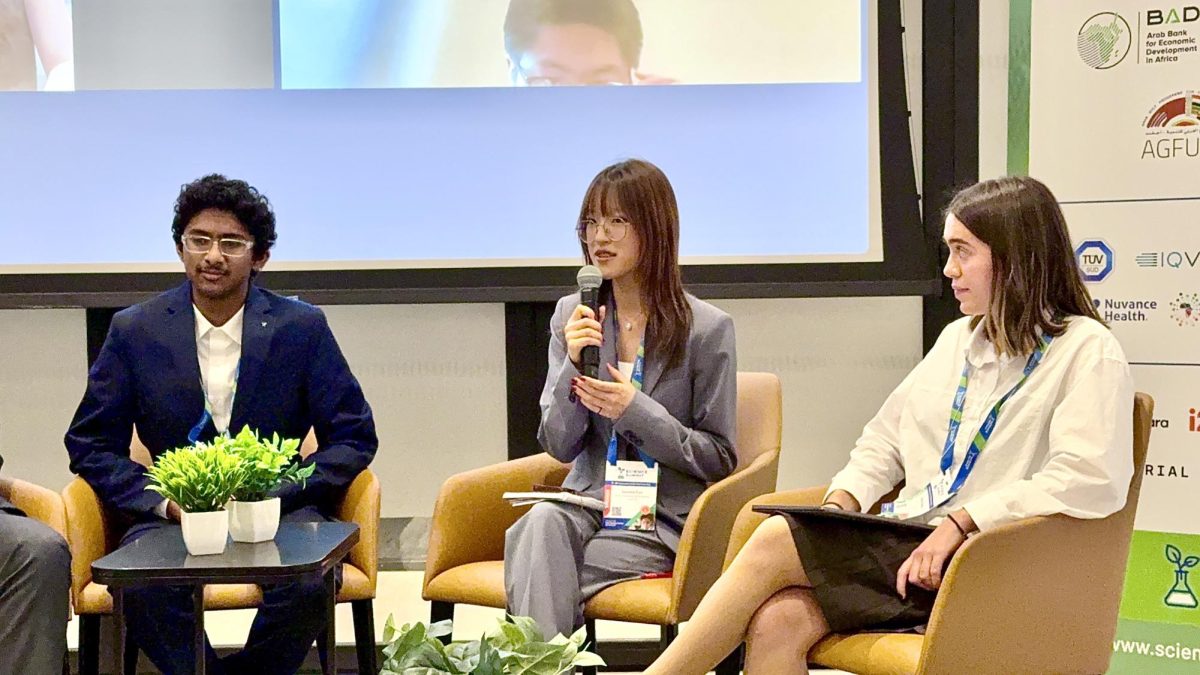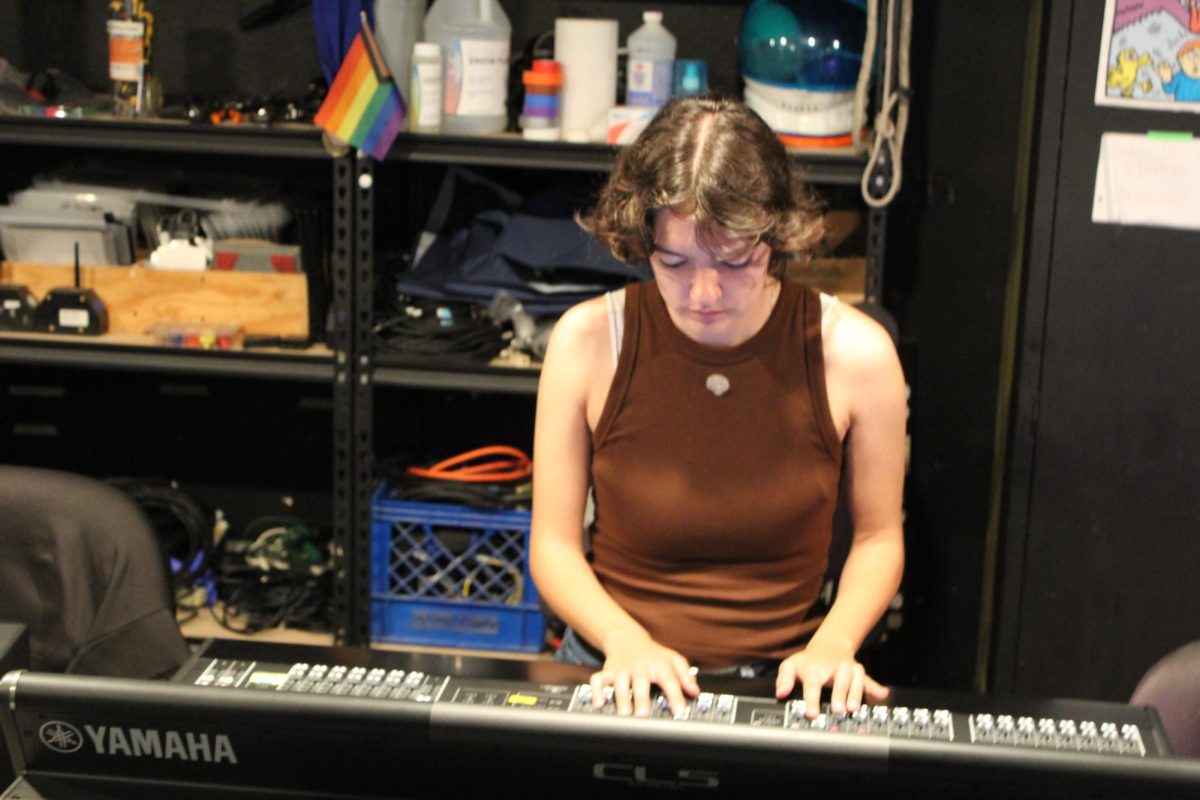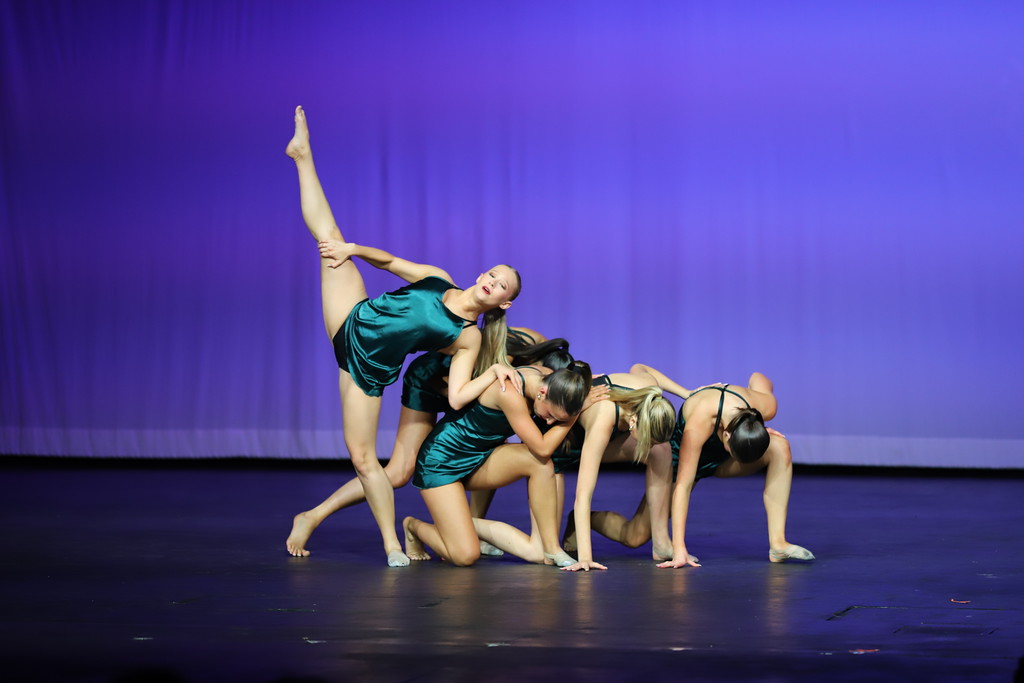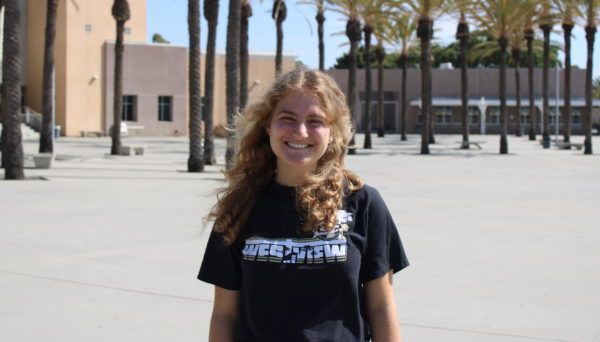As The Nexus Editor-in-Chiefs Jillian Sinder (12) and Grace Tseng (12) sat down at the round table with other publication editors from all over the country, Nov. 3, they immediately felt an unspoken understanding for their shared craft. From Nov. 2 to 5, 16 students from The Nexus and Currents attended the National High School Journalism Convention organized by the Journalism Education Association (JEA) and the National Scholastic Press Association (NSPA) in Boston, Massachusetts.
Members of The Nexus and Currents staffs had the opportunity to connect with 3,669 other students from publications around the world and exchange ideas about how to improve their publications. Tseng said that these roundtable discussions were a highlight of the trip.
“The biggest thing for me was being able to meet so many people from different places where they do things so differently with the way they do visual design on their front covers, to the press laws in their state, and even how they organize their staff,” Tseng said. “It was interesting to get all those perspectives and see things we [The Nexus] do that we like, and things that we could incorporate into our publication that would make it better.”
Students also had the opportunity to attend sessions led by professional journalists, photographers, designers, and others from around the country. The presentations varied in style, from traditional lectures, to performances, to forums encouraging student engagement.
“I went to one [session] that was about inspiring your writing with music and [the speaker] talked about different consonant and vowel sounds that convey different emotions when you’re writing,” Sinder said. “I [also] went to one about writing a vision statement for [your publication], and I think that can inspire what we do and motivate the staff.”
Tseng said that the sessions that focused on niche topics and professional journalists’ experiences were especially intriguing and offered resources she’d never thought to utilize before.
“It was really cool to be able to go to a session and learn about how I can access public documents that would help with investigative journalism, which I’ve never really thought about very deeply before because we don’t do that very frequently,” Tseng said. “My favorite session had to be one by a Boston Globe reporter who is a black queer female reporter. It was interesting to see the sorts of experiences she’s had [and] the sort of traits she saw as important in a reporter.”
Similar to The Nexus, Currents Editor-in-Chief Paris Rentz (12) said that a major takeaway from other yearbooks at the convention were techniques for improving marketing and social media use.
“Some yearbooks would run fundraisers to make money, which is something I’ve never experienced here,” Rentz said. “There were a lot [of sessions I went to about] the marketing aspect, social media, and how to get ads placed in the yearbook, which I thought was really interesting.”
When it comes to yearbook photography, Rentz said that going to sessions focused on photography inspired her to try to improve Currents’ photos and organization.
“I learned about planning ahead of time when it comes to who’s taking photos and ensuring that we get as many photos as possible,” she said. “I came out of all my sessions a lot more motivated to produce the best yearbook we’re able to produce and bring back these tips to teach the other staff members.”
At the convention, student journalists participated in competitions involving on-demand article writing, cartoon and illustration drawing, caption writing, and a press law and ethics assessment. Tseng and Sinder received the highest rating, ‘Superior,’ in their competitions for news writing and editorial writing, respectively. Four staff members received the second-highest ‘Excellent’ rating and three staff members received honorable mentions. Tseng said that being a student journalist doesn’t normally come with competitive recognition, so receiving the awards felt like recognition for the staff’s hard work.
“We spend as much time as a team sport does at school together, and we have that collaborative relationship, and yet we don’t have a lot of that external validation aspect of things,” Tseng said. “We [the current staff] have never attended a convention, so this is the first time where we [experienced] a tangible way to be like, ‘hey, you did a good job.’”
Beyond the convention itself, students on the trip were able to explore Boston and grow closer as a staff. Tseng said that staff members connected over what they were learning at the convention and having free time together.
“They have something called a ‘Fun Editor’ at a lot of schools where they’re trying to get the staff involved, and I think that’s something that we got to do a lot of on this trip,” Tseng said. “Exploring Boston together was really fun. We went to the fine arts museum [and] we walked the Freedom Trail. It was nice to just be together in a non-work environment.”
Sinder said that seeing how some staff at other publications approached their jobs as journalists informally inspired her to try a new focus on having fun.
“We take our newspaper very, very seriously,” Sinder said. “To us, it’s a very academic thing. I think this [trip] was a nice break from that and a reminder that we work well together when we’re having fun too.”
At the convention, staff of The Nexus and Currents learned new skills and absorbed ideas about how to run their publications better with the goal of bringing new initiatives back to Westview. Tseng said that a notable takeaway for The Nexus was growing their social media presence.
“Social media presence for a lot of schools is a lot more important to them and they do a lot more community-oriented information [than we do],” Tseng said. “I’m more open to doing that after seeing the success in raising engagement and readership it’s had at other schools.”
Sinder said that one way she wants to improve community engagement with The Nexus after the trip is by publishing stories that encourage a broader readership. One way she described accomplishing this is by shortening the length of articles.
“I learned a lot about what helps with readership, like how to break up articles so that people aren’t just reading massive chunks of text,” Sinder said. “We love writing, [but] we end up writing really long articles that maybe people aren’t always reading because they’re a little too long.”
Another area Sinder said The Nexus could grow is visual design.
“We just do photo, article, photo, article, but there are so many more things you can do visually with photo illustrations and infographics and sidebars,” Sinder said.
Sinder said that it was inspiring to hear stories from student journalists in states with different press freedom laws who have used their liberties to report on controversial topics.
“I met a lot of people from Georgia, and to hear the freedoms that they have when it comes to being able to publish whatever they want and cover topics that have been banned in their newspapers was super interesting,” Sinder said.
In California, press freedoms for student journalists are expansive compared to other states. Tseng said that hearing from students at the convention who’ve been censored made her grateful to have the freedoms that she does.
“I went to a lot of [sessions] about censorship and New Voices laws, and it was very inspiring to see people who got into trouble for encountering topics that were difficult for parents, teachers, and faculty,” Tseng said. “They had such an [interesting] perspective on how you can protect yourself and the stories that you’re telling. I gained a lot of appreciation for [the press freedoms] we have at Westview.”


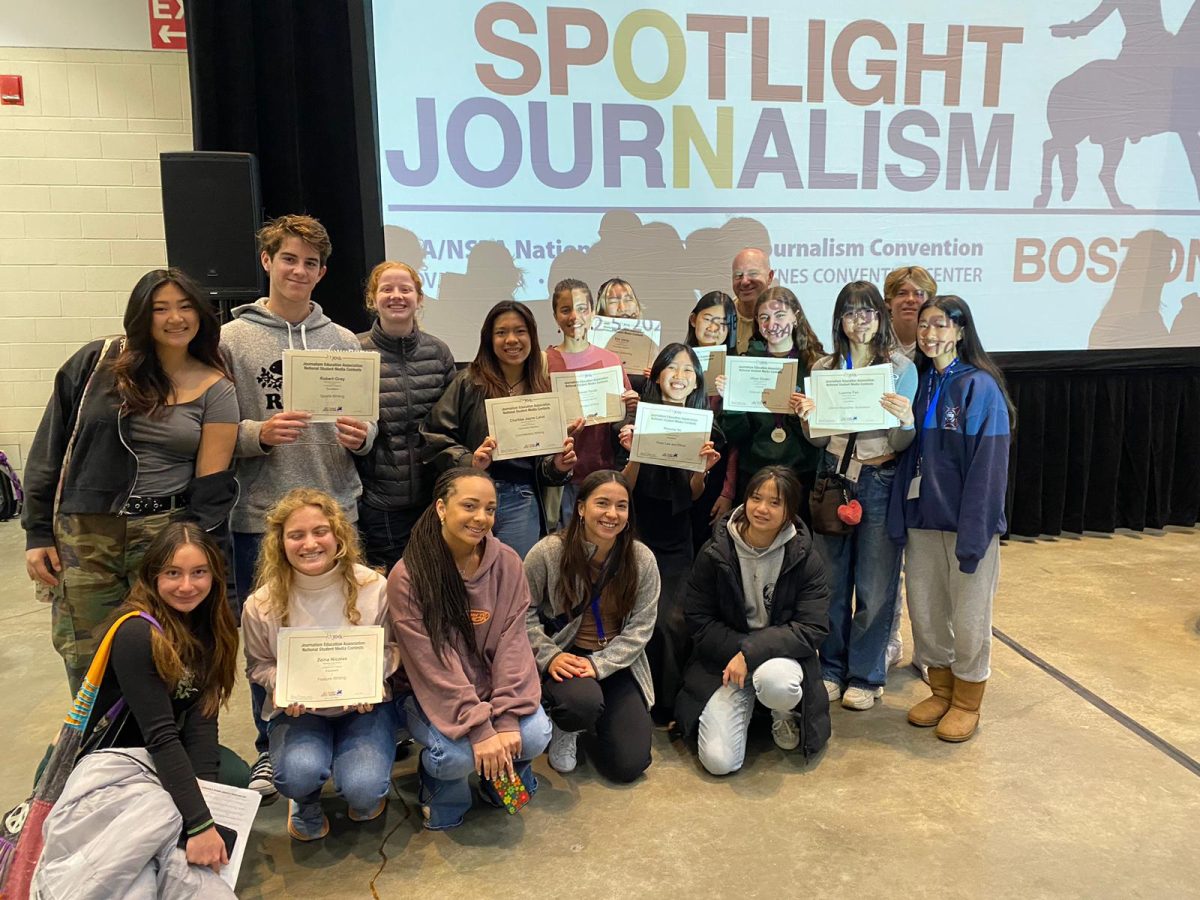
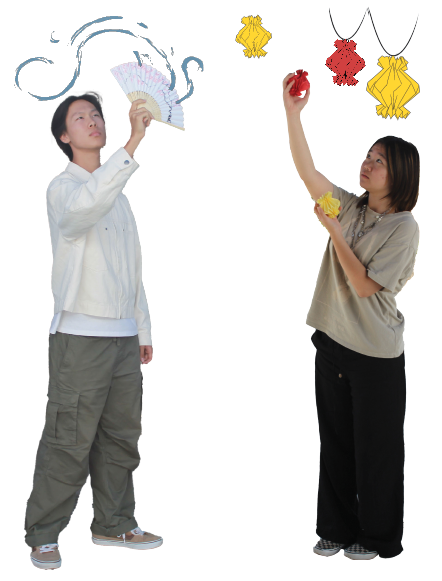
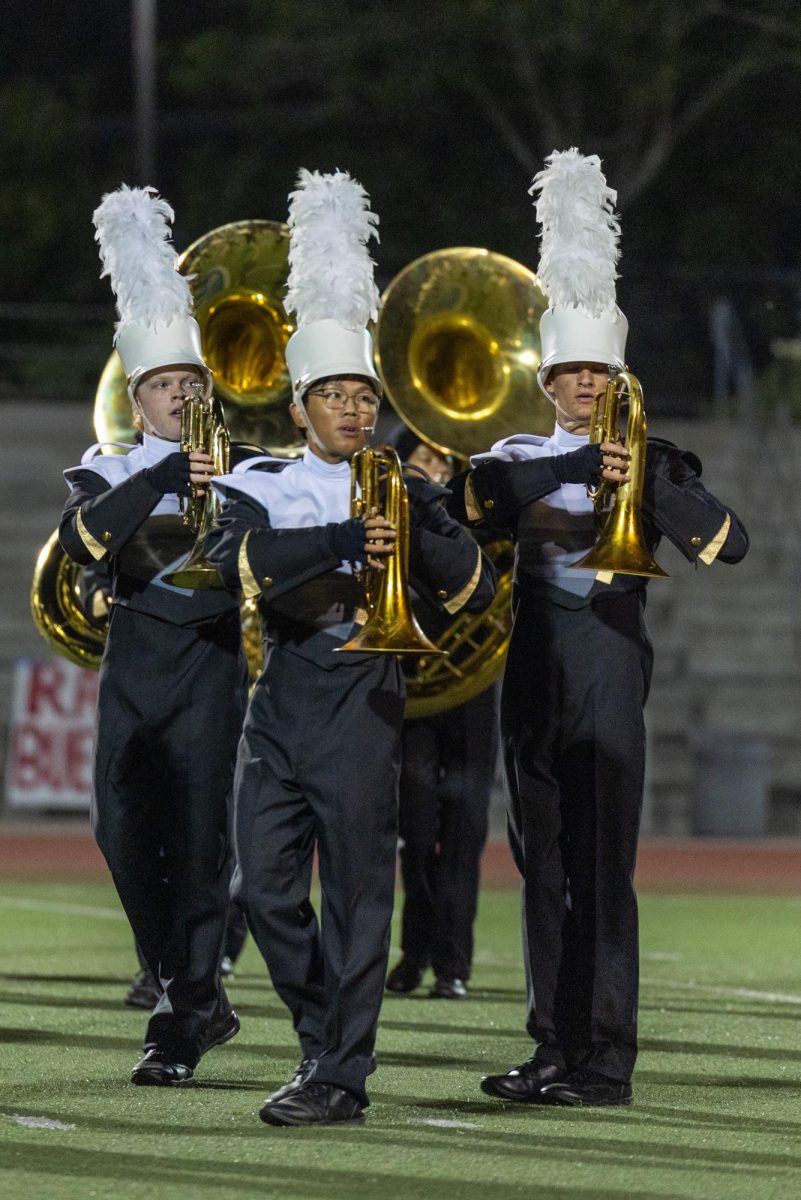
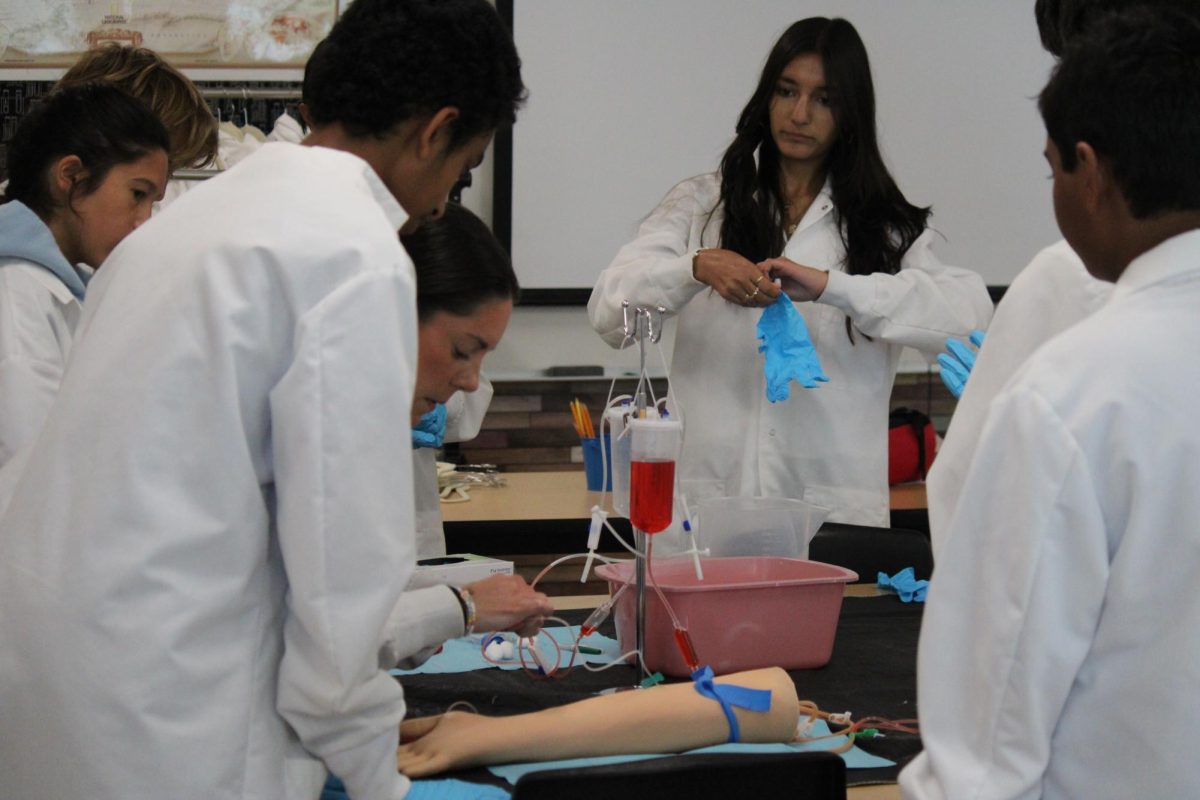
![Jolie Baylon (12), Stella Phelan (12), Danica Reed (11), and Julianne Diaz (11) [left to right] stunt with clinic participants at halftime, Sept. 5. Sixty elementary- and middle-schoolers performed.](https://wvnexus.org/wp-content/uploads/2025/09/IMG_1948-800x1200.png)
